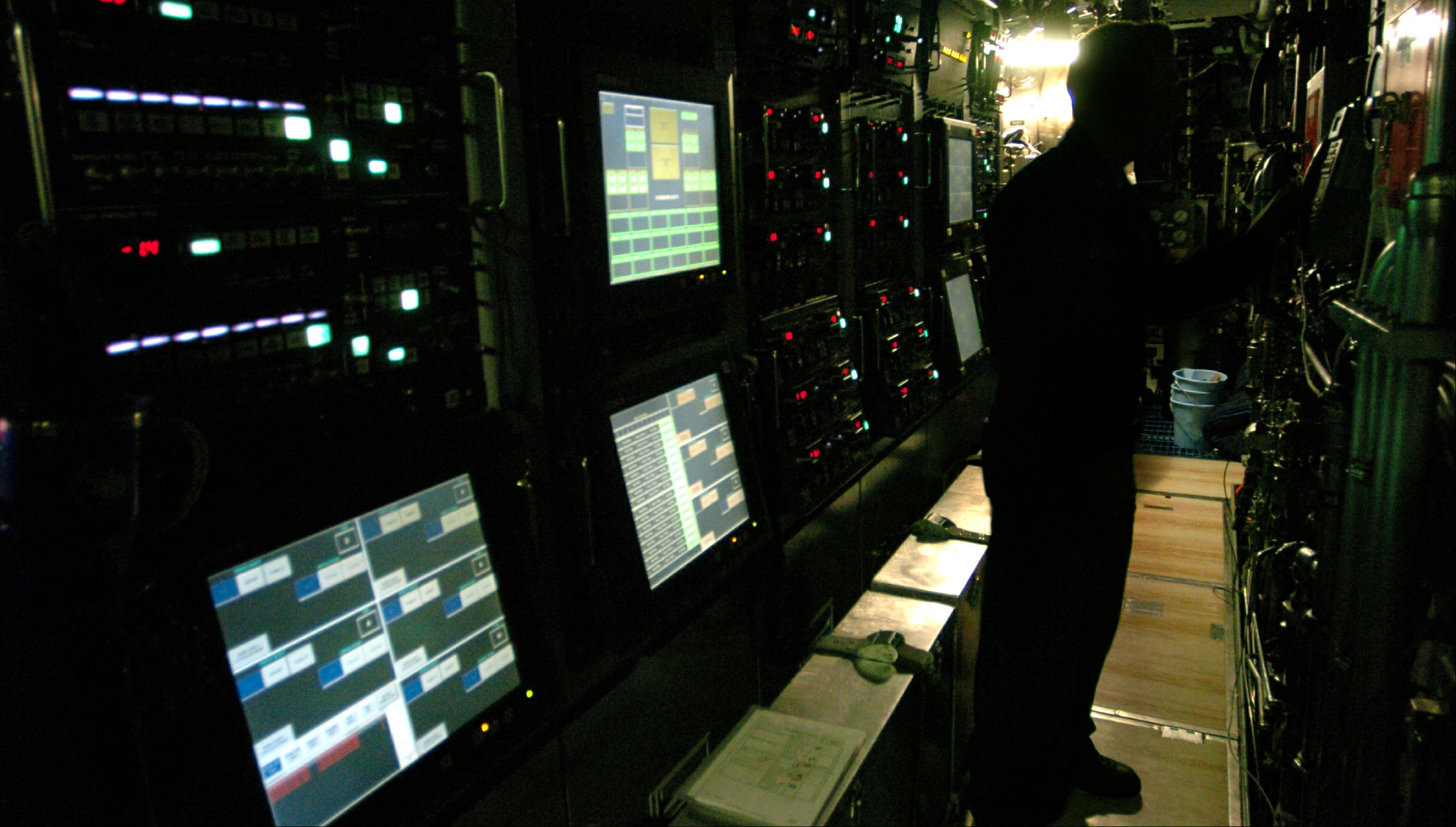The virtual seminar will be held from 12:30 to 2 p.m. (E.T.)
The increasing reliance on digital technologies for the command, control and communications systems for United States nuclear weapons as part of arsenal modernization plans has raised concerns about new, poorly understood cyber-vulnerabilities that may lead to nuclear crisis and nuclear war. Based on the recent book, Cyber Threats and Nuclear Weapons, this talk explores the intersection of cyber and nuclear risks using scenarios to highlight possible cyber-driven risks to U.S. nuclear weapons systems, decision making and crisis management. It will offer recommendations on how to manage the tensions between current and new nuclear capabilities and increasing cyber risks, and how limiting cyber risk may require making some choices about what nuclear capabilities to give up.
About the speaker: Herbert Lin is senior research scholar for cyber policy and security at the Center for International Security and Cooperation at Stanford University and is Chief Scientist, Emeritus for the Computer Science and Telecommunications Board, National Research Council of the National Academies of Science. In 2016, he served on President Obama’s Commission on Enhancing National Cybersecurity. He was a professional staff member and staff scientist for the House Armed Services Committee (1986-1990), where his portfolio included defense policy and arms control issues.
